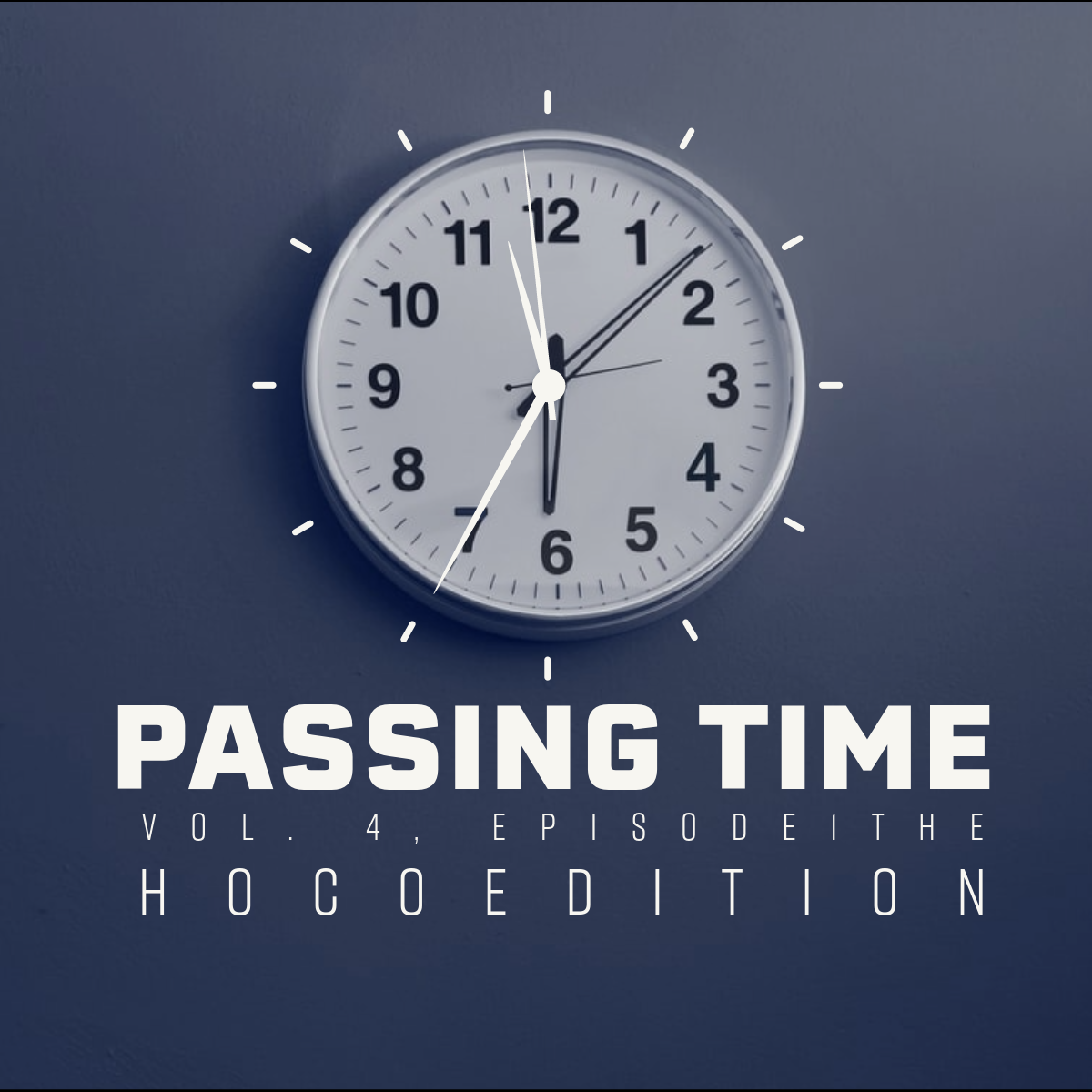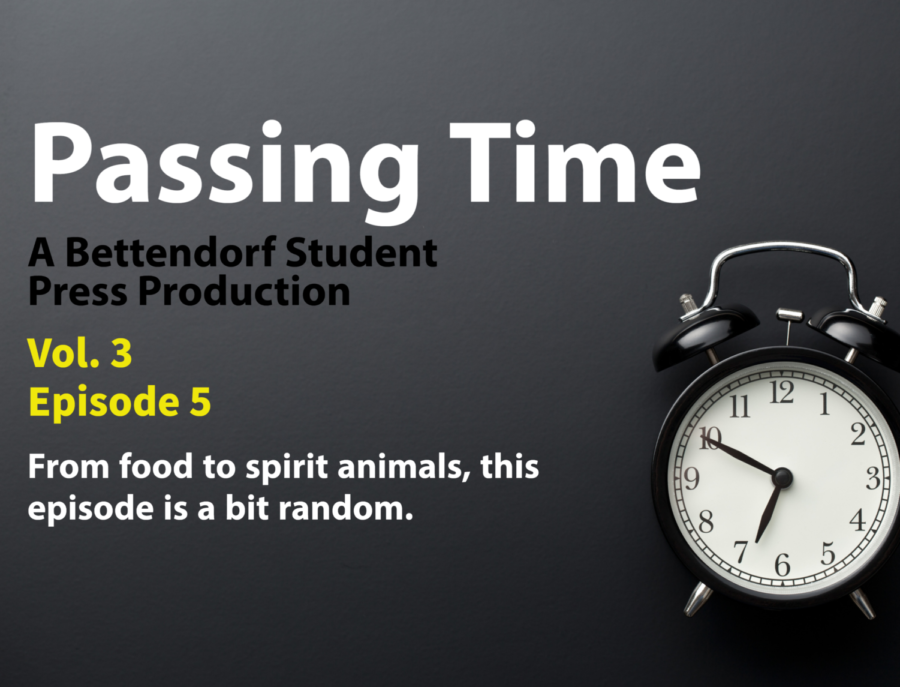On January 4, 2024, BHS staff and faculty attended a meeting before school to discuss homelessness in Scott County. Among the speakers was Edison Academy Administrator Jeff Blackwell, a man with a vast knowledge of the court system in Scott County. For over 45 years, Blackwell closely worked on and off with Bettendorf High School and those in low-income environments.
“One of the most critical aspects of the children I work with is their ability to find their passion,” Blackwell said. “I have seen so many kids work tirelessly to get by, and their determination is remarkable to me.”
Every year, the outreach department and social workers have a small staff training to make all teachers aware of what homelessness could be like in the Bettendorf district and what to do when they run across a student who may be homeless. The McKinney Vento federal law protects homeless families and students and gets these kids back in school. In addition, the law guarantees that even if students become homeless during the school year, they still have the right to attend their home school even if they temporarily live elsewhere.
Mica Frandsen, the outreach coordinator for the district, has worked with the homeless population for about six years and is knowledgeable about “Coordinated Entry,” which is how families can request support for housing needs via non-profits in Scott County. The eviction process has always been a problem in the Quad Cities, an issue people have begun to notice after the pandemic subsided.
“When COVID hit, evictions were all on pause so landlords could not evict you, leading to a lot of individuals who would not pay their rent for months,” Frandsen said. “Since individuals technically didn’t have to pay their rent, as soon as COVID ended, landlords just started evicting people right and left.”
When social workers like Shelley Hilton-Cullum see families that have moved multiple times to multiple schools, chances are that the students need to do better academically because they have some gaps in their learning and education. Students may start school right away in their new district, but they’re still losing the continuity of their education.
“From an education standpoint, the research shows that every time a student moves schools due to housing crises or any other reason, they are losing up to six months’ worth of overall educational progress,” Hilton-Cullum said. “They may start school immediately in their new district, but they are still losing four to six months’ overall progress.”
Teachers or secretaries will often be the first to know that a family is becoming homeless or that a student is homeless because they have a close relationship with a teacher; because of this, the district makes sure teachers know how to support students experiencing homelessness and how to meet their needs. There are resources in the Quad Cities that can help people before they get evicted; it’s just knowing who and when to call for help and guidance. Unfortunately, BHS does not determine a family’s needs until too late.
Hilton-Cullum elaborates on how the people living in intergenerational poverty, where their family lived before, do not have that safety net. When families tell social workers about their situation, they can find another family they can live with for three to six months. While not everyone has a bedroom and lives temporarily in someone’s basement, social workers have seen families that will double up to get back on their feet.
“There are resources in the Quad Cities such as ‘Humility, Homes, and Services’ and the ‘Salvation Army’ with funding and the resources to help people pay back their rent,” Frandsen said. “So if a particular family owes $2,500 in back rent, the Salvation Army could pay that plus an additional month’s rent.”
The Outreach program has helped many families get connected with the Salvation Army, which can put them in a hotel. But the problem with the hotels is that the Salvation Army will place families past the interstate, which is why one would have to wake up at six in the morning to take three buses to get to school.
Most people are unwilling to do that, so when a shelter places a family in a hotel that is not convenient to our district, there are a lot of absences. Thus, students may have to transfer to an entirely new school and try to figure out what is happening, all the while without a home.
“We have to know what families need, and many times, with the stigma of being homeless, not all the families are reaching out and telling us that they have needs,” Blackwell said. “We would love to get the word out to families facing a financial crisis; reach out to us as soon as possible. We will hook them up with local agencies that can support them.






























